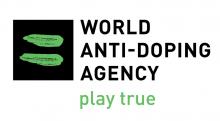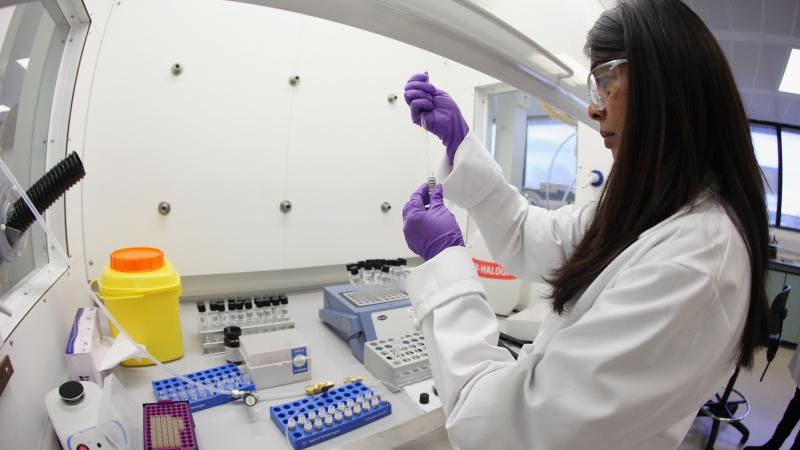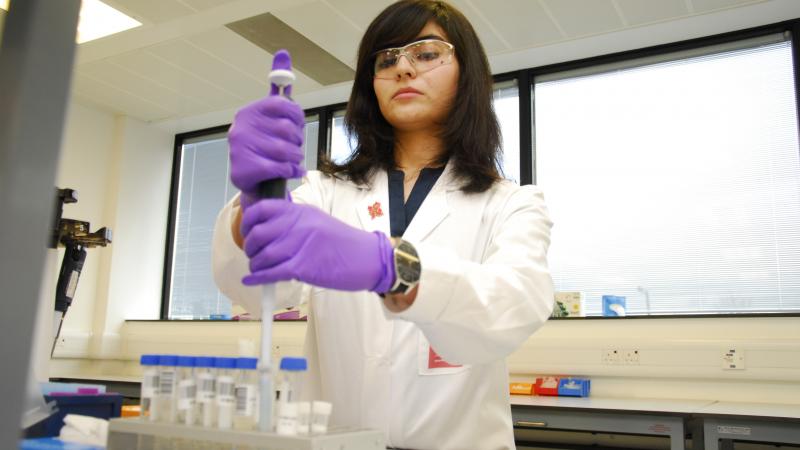Polish Ice Sledge Hockey player suspended after Anti-Doping Rule Violation at 2012 World Championships
The International Paralympic Committee (IPC) has announced that the Polish Ice Sledge Hockey player Piotr Truszkowski has been suspended for one year for an Anti-Doping Rule Violation. 01 Feb 2013
The IPC will continue to educate athletes and their support staff on the importance of anti-doping.
As a signatory of the World Anti-Doping Code (WADC), the IPC remains committed to a doping free sporting environment at all levels.
Truszkowski returned an adverse analytical finding for Carboxy-THC (Cannabis) in a urine sample provided on 17 November 2012 following Poland’s match with Germany in the bronze medal playoff match at the 2012 IPC Ice Sledge Hockey World Championships B-Pool in Serbia.
This substance is included on the World Anti-Doping Agency (WADA) 2012 Prohibited List under the category S8. Cannabinoids and is considered a “specified substance”. Consequently it is prohibited under the IPC Anti-Doping Code.
In accordance with the IPC Anti-Doping Code, Piotr Truszkowski will serve a reduced one year suspension.
Truszkowski exercised his right to a hearing, during which he explained that he did not know that Cannabis was a banned substance and admitted to smoking the substance in an effort to relieve phantom pain as a result of his impairment and not to enhance his performance.
The IPC panel who heard Truszkowski’s case was satisfied that he did not take the substance to enhance his performance. As a result, the regular two year suspension was halved to one year starting from 13 December 2012, the date the athlete replied to the IPC accepting the Anti-Doping Rule Violation.
A financial sanction of 750 Euros was also imposed on the athlete, proportionate to the reduced length of the sanction.
The principle of strict liability applies to anti-doping matters. Therefore, each athlete is strictly liable for the substances found in his or her sample. An anti-doping rule violation occurs whenever a prohibited substance (or its metabolites or markers) is found in his or her bodily specimen, whether or not the athlete intentionally or unintentionally used a prohibited substance or was negligent or otherwise at fault.
As a signatory of the World Anti-Doping Code (WADC), the IPC remains committed to a doping free sporting environment at all levels. The IPC, together with the International Federations and the National Paralympic Committees, established the IPC Anti-Doping Code to prevent doping in sport for Paralympic athletes, in the spirit of fair play. The IPC Anti-Doping Code is in conformity with the general principles of the WADC.
For further information, please visit www.paralympic.org.

 Facebook
Facebook
 Instagram
Instagram
 Twitter
Twitter
 Youtube
Youtube








